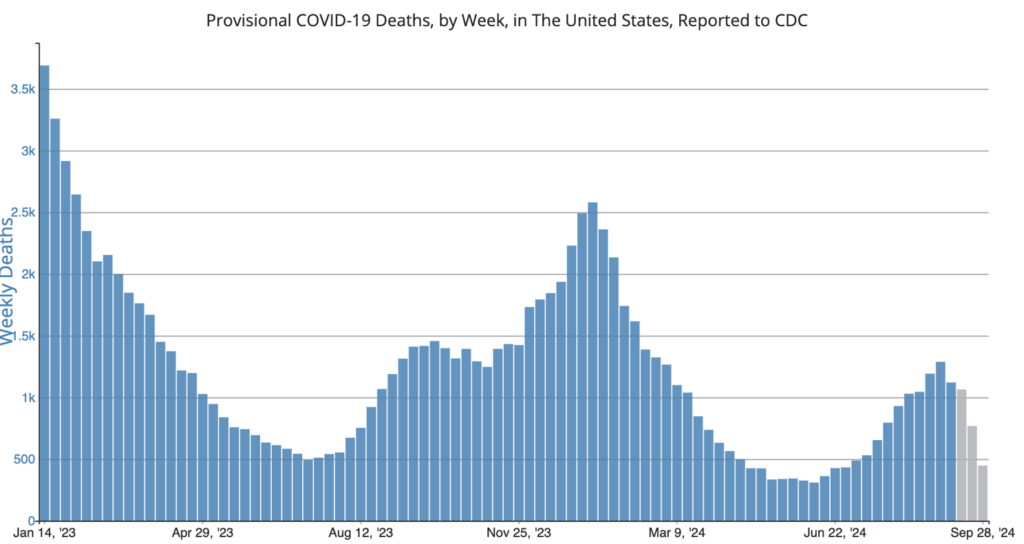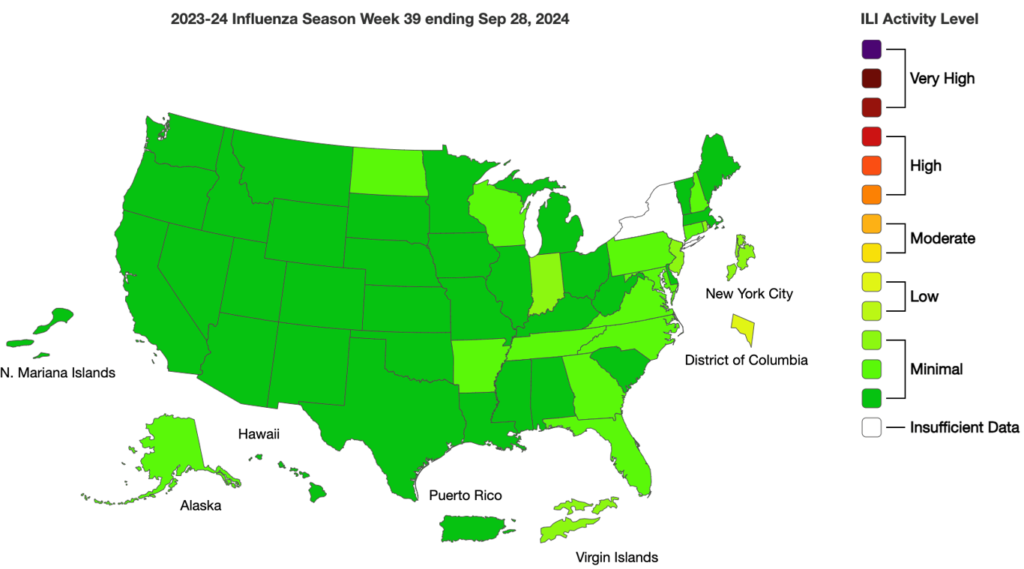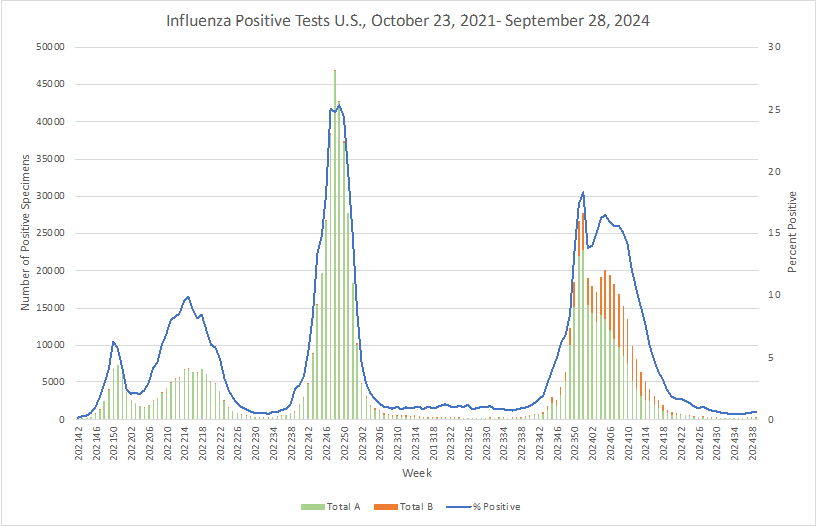Although the threat in the U.S. is low, the CDC has issued a Health Advisory on the confirmed outbreak of Marburg virus disease in the Republic of Rwanda. No confirmed cases related to this outbreak have been reported in the U.S. or other countries, but as of October 2, 36 laboratory-confirmed cases and 11 deaths have been reported in Rwanda, including at least 19 cases among healthcare workers.
Because of this, CDC is advising clinicians to be aware of the potential for imported cases and has issued a “Level 2: Practice Enhance Precautions” travel advisory for Rwanda. If you do travel there:
- Avoid contact with sick people who have symptoms (e.g., fever, muscle pain, and rash); with blood and other bodily fluids; and with dead bodies or anything in contact with them.
- Don’t visit traditional healers, participate in funeral or burial rituals, or attend a funeral or burial.
- Don’t go to outbreak area healthcare facilities for nonurgent medical care or nonmedical reasons.
- Avoid nonhuman primates (e.g., chimpanzees, gorillas) and fruit bats; don’t enter the caves and mines where they live.
- Watch your health for symptoms of Marburg during travel and for 21 days after leaving. If you develop symptoms (e.g., fever, chills, headache, muscle aches, rash, chest pain, sore throat, nausea, vomiting, diarrhea, or unexplained bleeding or bruising), isolate and immediately seek medical care, alerting the healthcare providers of your recent travel.
Marburg is a rare, but severe viral hemorrhagic fever similar to Ebola. Spread by certain bat species, it can cause deadly infections in people. Though the virus can also spread person-to-person, it is not spread through airborne transmission. There is currently no available treatment or vaccine, so it is important to seek care early for supportive treatment which can improve survival.
For more information, visit the CDC Marburg disease page, TAG’s Marburg Virus Fact Sheet, or TAG’s other Disease Fact Sheets.
COVID Risk Matrix:

Influenza:


- October 15 is Global Handwashing Day, a reminder of the importance of proper hand hygiene to prevent the spread of germs. Handwashing can prevent 1 in 3 diarrhea-related illnesses and 1 in 5 respiratory infections. This campaign was initially started in 2008 to reduce childhood mortality rates and related respiratory and diarrheal diseases.
- Recent research describes a “Pathogen Capture and Neutralizing Spray,” which acts by coating the nasal cavity, capturing large respiratory droplets from the air, and serving as a physical barrier against a broad spectrum of viruses and bacteria, while rapidly neutralizing them with over 99.99% effectiveness in a mouse model.
- The CDC has launched a “community snapshot” providing current data on local levels of respiratory activity of COVID-19, flu, and RSV. Selecting the state and county of interest will provide data for that area, when available.
- The WHO has approved the first diagnostic test for mpox for emergency use that provides immediate results, marking a major breakthrough in combating the virus. This PCR test detects mpox DNA from skin lesion swabs, eliminating the current wait time for lab results.
- After a delay due to logistics, public health workers have begun vaccinations for mpox in the Democratic Republic of The Congo (DRC), nearly 2 months after the WHO declared a global health emergency. In the DRC, there have been 30,000 cases reported, representing more than 80% of all the cases and 99% of deaths reported in Africa this year. At least 850 deaths from the disease have been reported there.
- A child in northern Ontario has died from rabies after being exposed to a bat, according to health officials. The family did not seek immediate medical care as they saw no visible signs of a bite or saliva. Dr. Malcolm Lock, acting medical officer for the Haldimand-Norfolk Health Unit, reported a rise in rabies-positive bats in the area, stressing the need for awareness and quick response to potential rabies exposure.





